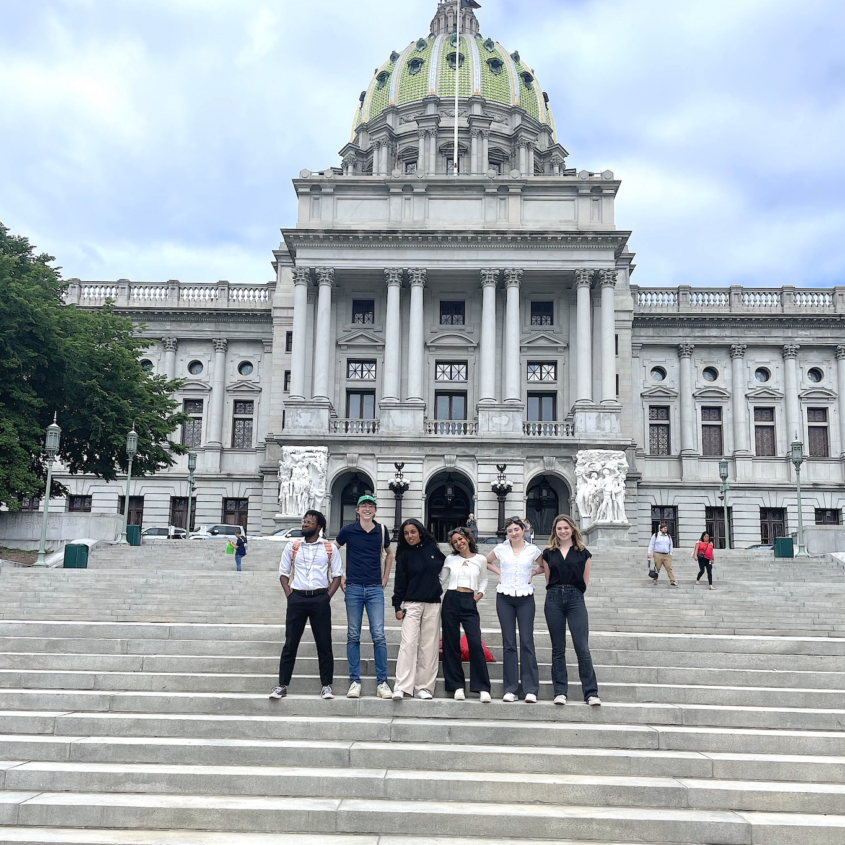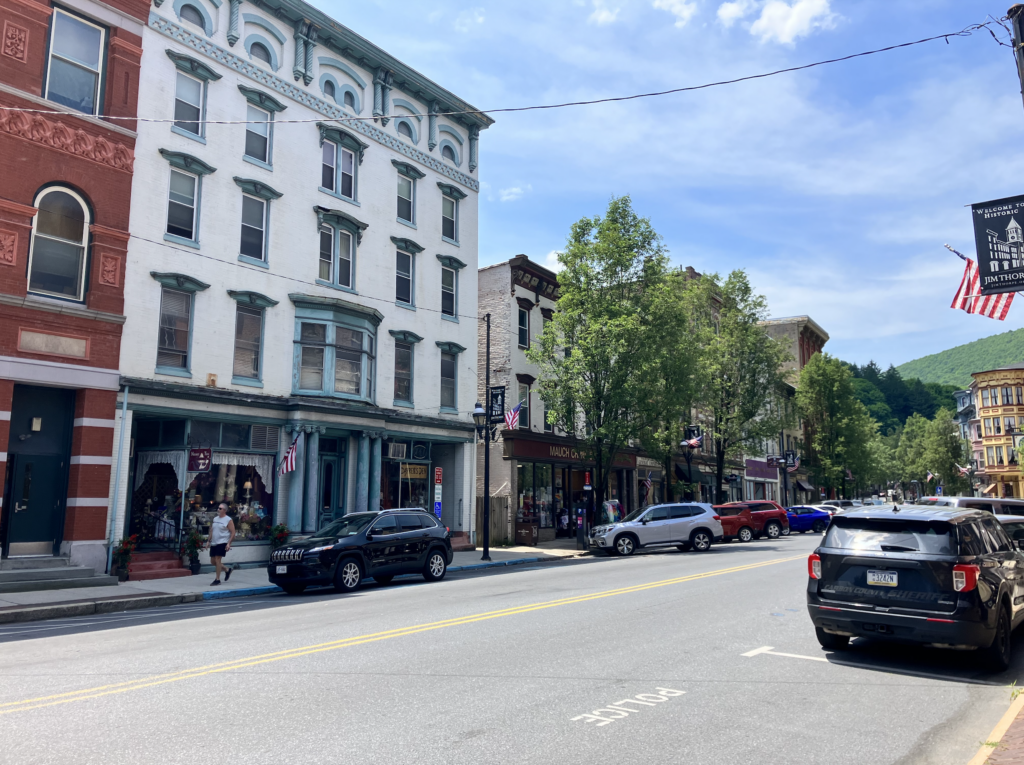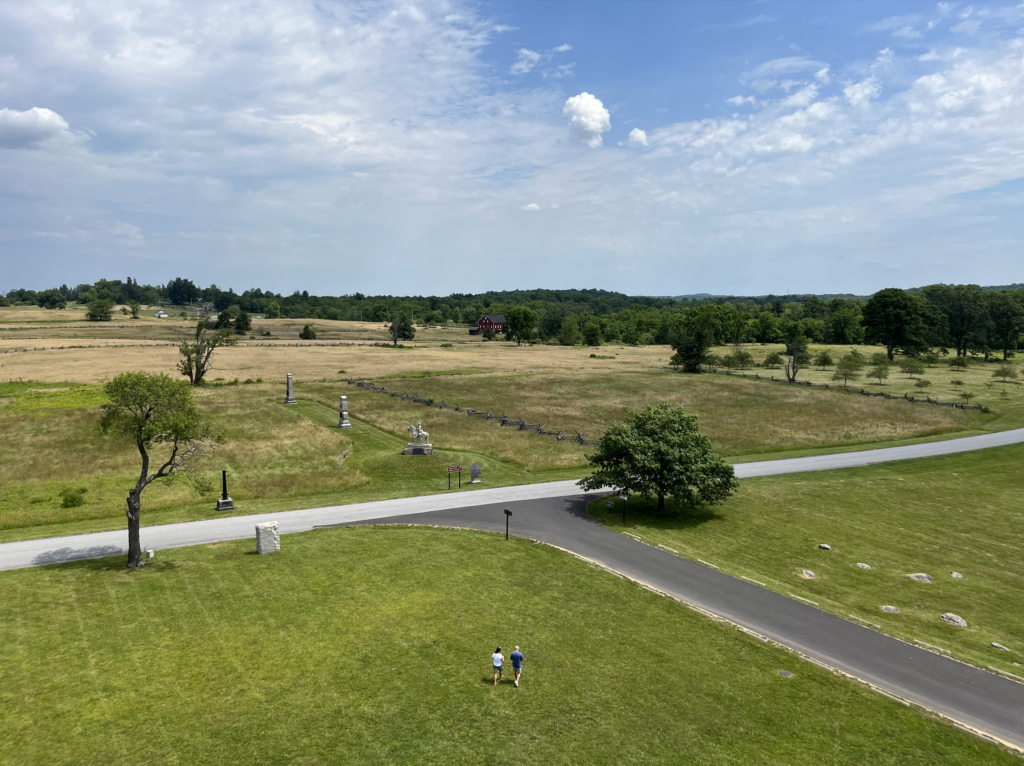Political Empathy Lab (PEL)
Listening with Heart and Mind
Political Empathy Lab Podcast
Episode 1: The Art of Politically Empathizing
Episode 2: Jumping Right In
Episode 3: Collective Memory and Siloed Narratives
Episode 4: National Media, Burnout, and Local Government
Episode 5: Final Thoughts on Summer 2024
Media Coverage of Political Empathy Lab
Listening in a Swing State: The 2,500-Mile Empathy Road Trip with Dr. Lia Howard and Host Michael Lee – When We Disagree: A Podcast About Disagreements That Matter
Political Empathy Lab Tour Returns to Johnstown – The Tribune Democrat
UPenn Political Empathy Lab Students Study Bridging Ideological Divide – Public News Service
Talking Across the Political Divide – WHYY’s The Connection with Marty Moss-Coane
Learning to Listen: Lessons from the Political Empathy Lab – Fair Districts PA
Political Empathy Lab Participants’ Work Continues After Election – The Tribune Democrat
Political Empathy Lab Participants’ Work Continues After Election – The Tribune Democrat
Event Highlights Student Voting Resources and Penn’s Political Empathy Lab – Bryn Mawr College Newsletter
Episode 6: A Campus Conversation with Dr. Lia Howard – A Wellness at Penn Podcast
Lessons in Voting – The Philadelphia Citizen
How to Embrace Your Political Enemy – Daily Good
How to Embrace Your Political Enemy – The Philadelphia Citizen
Dr. Lia Howard and Lynn Larabi Interview on Political Empathy Lab – WHYY Morning Edition with Host Jennifer Lynn
Penn’s Political Empathy Lab Research Team Visits Johnstown – The Tribune-Democrat
5 College Campuses Bridging Differences – Greater Good Science Center
Democratic Listening, Proximity and a Purple Flower – SNF Paideia Blog
Inattentive Blindness and State Politics Revealed – SNF Paideia Blog
New Year’s Resolution 2025: More Face-To-Face Conversations – SNF Paideia Blog
Have questions about the project and want to learn more? Please email us at: politicalempathylab@snfpaideia.upenn.edu.
Political Empathy Lab gratefully acknowledges our funding from the Office of the Provost and the Trustees’ Council of Penn Women.
1This project acknowledges and seeks to explore whether there are limits to our political empathy—namely if there are identities, we may hold that feel particularly vulnerable during certain moments and in certain contexts. For example, those who hold minority identities might not want to take on the emotional labor of listening to views that might deny their humanity. This is an idea that we will wrestle with in Political Empathy Lab. Though we are building muscles of engagement, self-awareness of one’s own positionality vis a vis others in conversation might lead participants to discern when to lean on other members of the research team. This type of community building within the team requiring both allyship and self-knowledge is also an important component of the trip.




